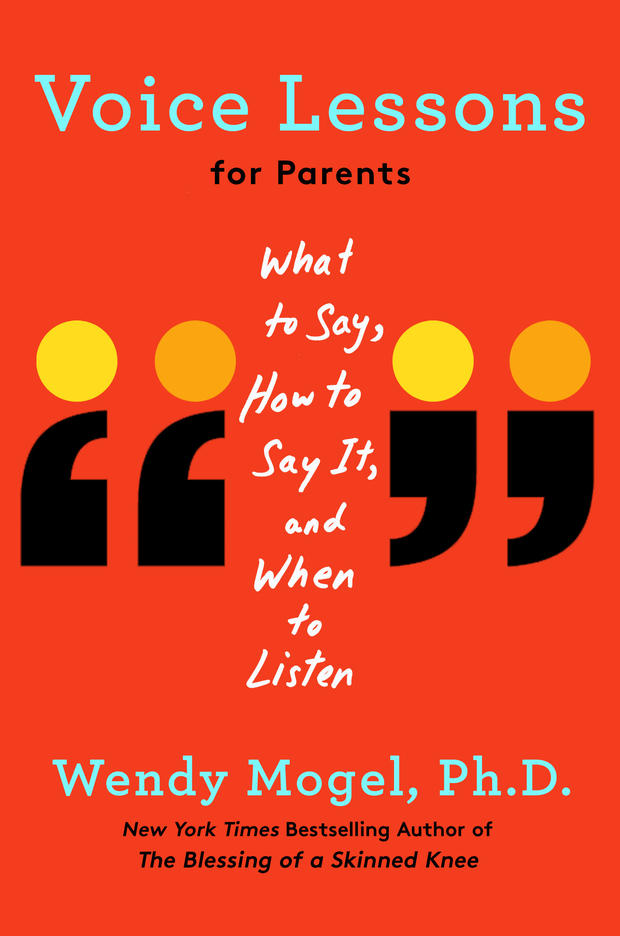To communicate better with your kids, change your perspective
According to clinical psychologist Dr. Wendy Mogel, one of the keys to successful parenting lies in how you communicate. In her new book, "Voice Lessons for Parents: What to Say, How to Say it, and When to Listen," she discusses how your pitch, the tone of your voice, how fast you talk, and your body language all play an important role.
She says communication lapses can start early on.
"So our 4-year-old daughters are as articulate as any head of state on the planet, and we mistake their verbal sophistication for emotional maturity. They're still 4, they don't have much life experience, but they have tremendous vocabularies and a great passion for arguing you into any perspective they wish. They're like little, tiny attorneys. And the 4-year-old boys can barely talk yet," Mogel told "CBS This Morning."
Mogel also addressed why the relationship between mothers and their teenage daughters is often the most fraught.
"What the teenage daughters do is they download all of their distress. And now everybody's so connected by technology, so they can just text mom distress all day long and then the mothers are in tremendous anguish about the daughter's problems….And they mistake the snapshot of their daughter for the epic movie of her life. So the mother's suffering. The daughter's fine. She handed it all over to mom and off she goes," Mogel said.
As for getting inside your kids' heads a little bit more, Mogel suggests looking at them from a whole new perspective – like an anthropologist might.
"You can think of your son as an exchange student from Kazakhstan," she suggested. "Then you think, let me find out the ways of these people and what they're interested in."
Mogel gave the example of trying to understand her son's fascination with watching people play video games instead of being outside with his friends. She said the distance also helps take the emotional investment out of the situation.
"You think of your daughter as a visiting niece from a distant state... instead of 'this child is me, the entire badge of my worth, everybody is judging me based on this teenage behavior,' and that gives them tremendous leverage over your self-esteem, you get desperate, and panic."
"Voice Lessons for Parents: What to Say, How to Say it, and When to Listen," is published by Scribner, an imprint of Simon & Schuster, a division of CBS.




